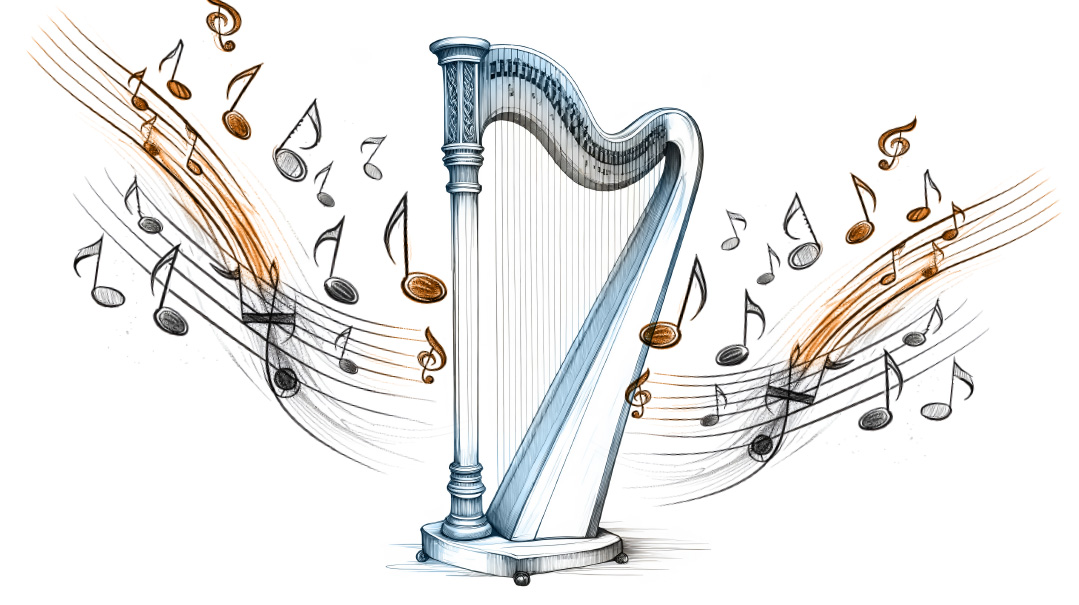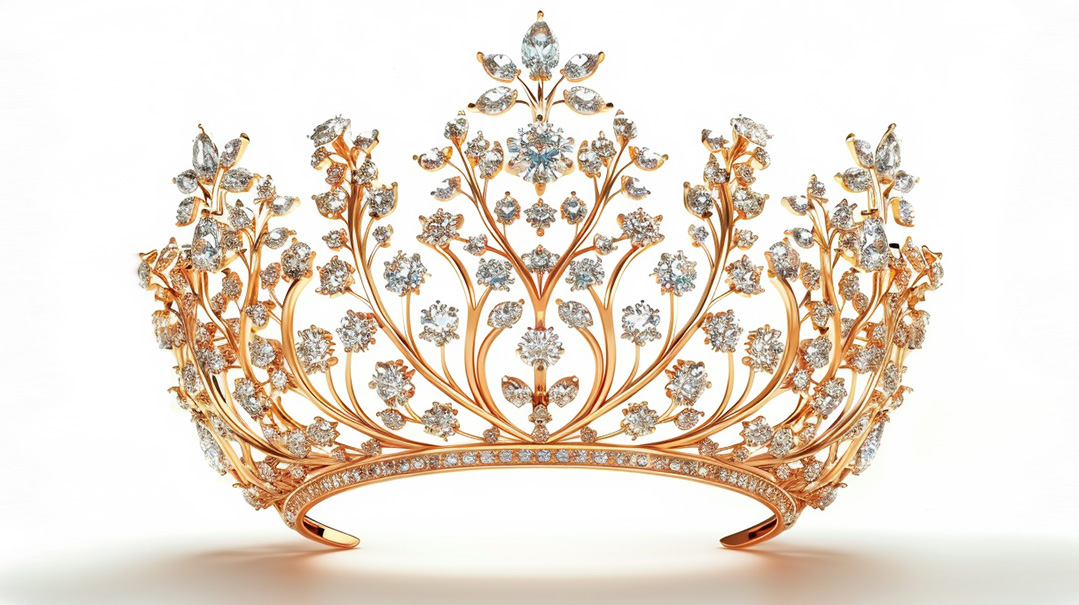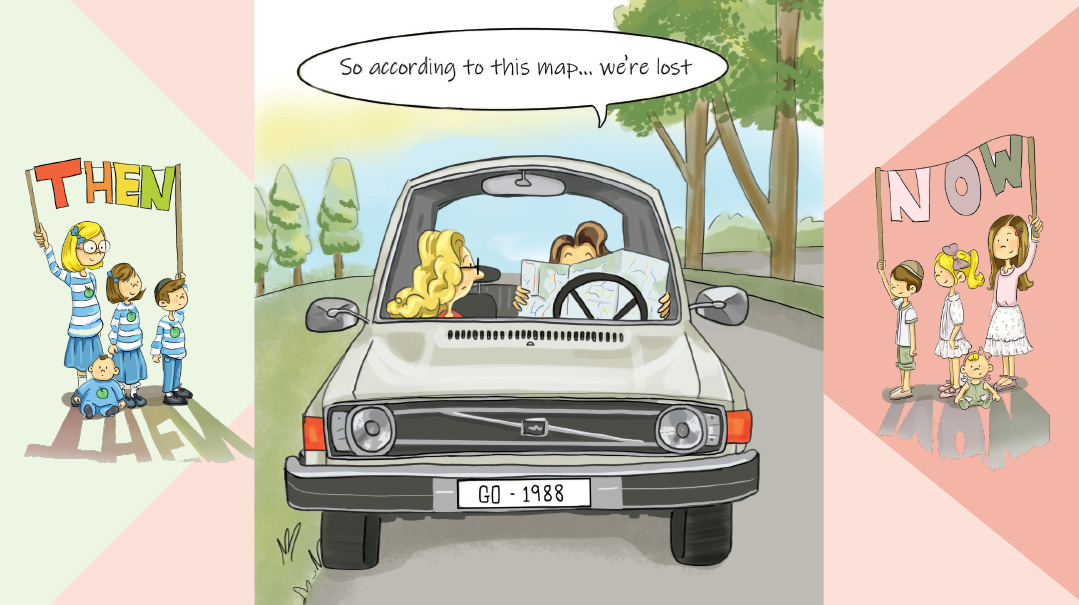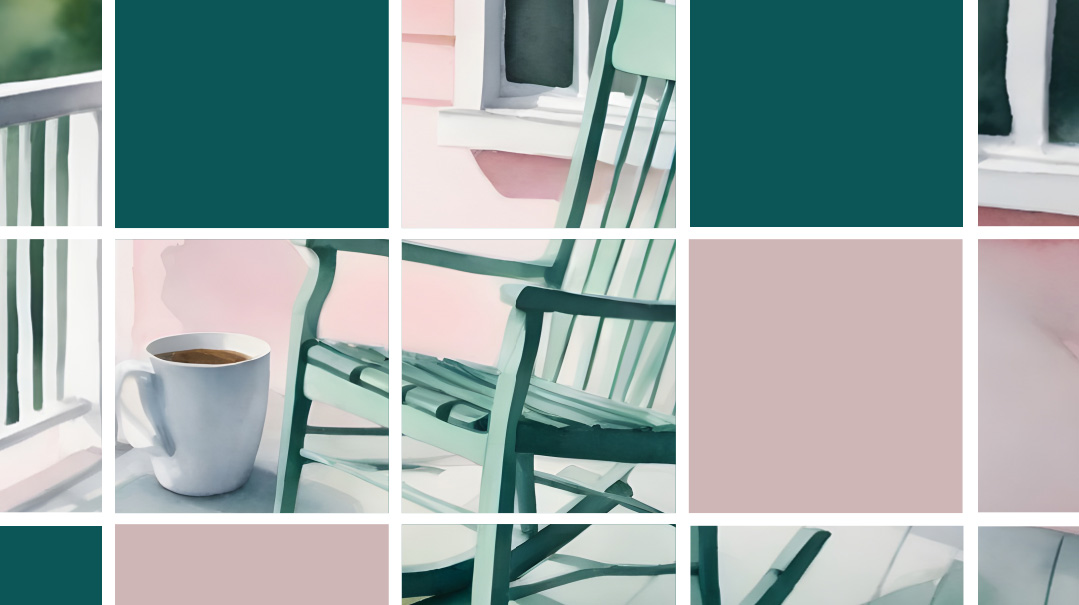“And the Living Shall Praise You”

Three young widows share the struggles, the sorrow — and the faith that sustains them
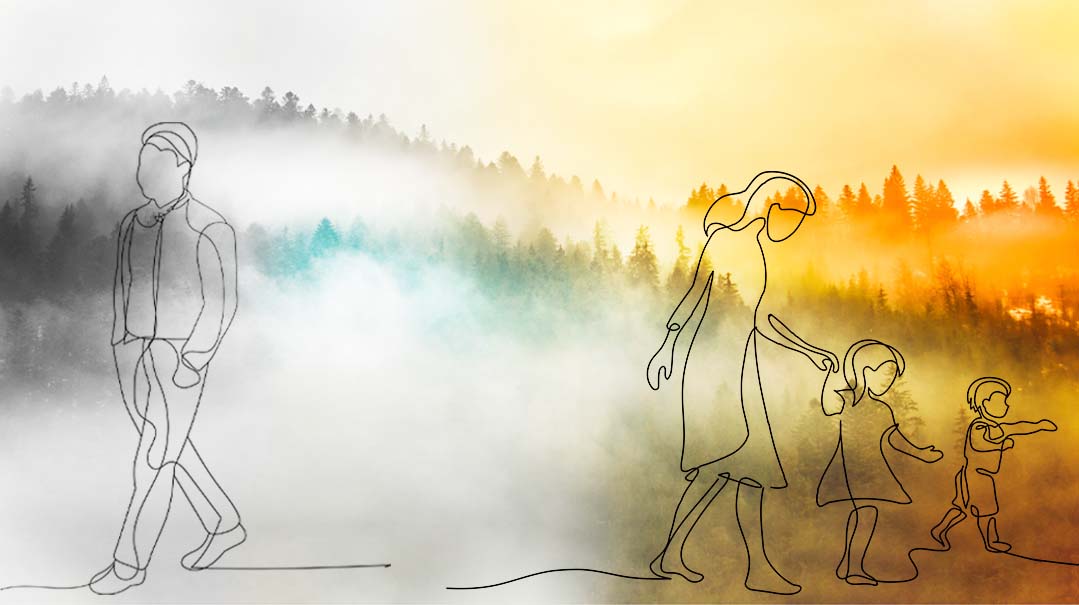
Michal Kelly
Erev Rosh Hashanah 5773
Michal Kelly doesn’t need a mussar sefer to tell her how fragile life is. She knows this from up close. To her, the Yemei Hadin don’t mark the end of a single year, but almost five years of great pain and suffering — and myriad tefillos and intense emunah.
A mere few hours earlier, she accompanied her husband Yaron to his eternal rest. Then she had only a few hours to sit shivah before the Yom Tov began. In those scant hours, memories —joyous ones, painful ones, and everything in between — flew before her eyes.
The tefillah she would daven in a few hours, as Rosh Hashanah began, would be different. While she would continue to daven for the health of her children, her parents, and her mother-in-law, she would no longer be desperately praying for her husband’s recovery; only for an aliyah for his neshamah.
“We were a young couple, only 24,” she begins, “parents to two young children, a one-year-old boy and a month-old girl, when my husband began to suffer from a sore on his tongue. The family doctor didn’t think it was anything that needed treatment, but the situation deteriorated and a second doctor sent him to the emergency room.
“I’d just given birth, so my husband didn’t tell me anything. Only after I noticed he was down did he wordlessly hand me the papers from the hospital. They suspected that the growth was cancerous.
“The world began to spin,” continues Michal. “But then I caught myself, and told my husband that we were going to Kever Rochel, immediately.” There, the tears flowed as they begged Hashem that the results come back negative, and that this nightmare should soon be behind them.
But He decreed otherwise: The growth was a malignant, fast-spreading tumor. Medical askan Rabbi Elimelech Firer sent the Kellys to a medical center that specializes in treating this type of tumor. There, Yaron had surgery and radiation, and the disease seemed to have been vanquished.
But — “through Hashgachah pratis,” insists Michal — the doctors decided not to irradiate one particular area, and the tumor grew back in full force in his throat.
“I only found this out in the last months of his life, when there was almost nothing left to do. When doctors in a hospital in Germany reviewed Yaron’s medical file, they said this had been a poor decision. When I first heard that, I felt as if the sky had fallen on me, but then I understood that the decision had not been made from recklessness, but out of a desire to minimize the damage caused by the radiation. And even if the doctors had made a well-intentioned mistake, it was HaKadosh Baruch Hu directing everything behind the scenes.”
Yaron began chemotherapy treatments, which utterly drained him. At first the tumor receded, but it quickly became resistant to treatment and grew. Around that time, the Kellys had another daughter; Yaron only saw his newest child four days after she was born.
While Michal’s sister and her husband’s family took care of the small children, Michal nursed her husband with devotion. Even when he became fully disabled and the doctors began to despair, she was always by his side — encouraging him and being encouraged by him.
“We drew strength from each other. When Yaron was first diagnosed, the doctors warned us that one of the more difficult symptoms to address is depression — the heart becomes downcast and drags down the body. I fought not to let that happen, and Yaron even more so.
“He cheered himself up in every possible way — he went to shiurim, learned on his own, we’d tell each other that when the treatments were over we’d go out shopping, that soon it would all be behind us. We even bought our home in Beitar.”
This focus on staying positive lasted to the very end. “When my husband grew terminally ill and the doctors didn’t want to treat him anymore, I asked them not to tell him,” Michal confesses, “so that he wouldn’t break. When the doctors wanted to transfer him to hospice, I wouldn’t allow it, because I knew that would hasten his end.”
Eventually, bleeding sores appeared on his throat, and Yaron asked for a mirror. “I didn’t want him to see himself, but I also didn’t want him to get suspicious. The mirror was brought, and he was horrified. He asked the doctor what treatment he was getting, and the doctor couldn’t meet his eye. Yaron understood that this was the end.”
Even so, Yaron held on. The doctors couldn’t understand how he remained alive — he was on respiration and being fed via a nasogastric tube. “He couldn’t talk, but when he saw that seeing him like this was hard for me, he wanted to give us both chizuk. He took the whiteboard he was using to communicate since he lost the ability to talk, and wrote shakily: ‘The Borei Olam is the only doctor. Ein od milvado. In His Hands are strength and might and all the refuos, and only He can help us.”
Michal took a picture of this message. “Whenever we were having a hard time, I took it out and we drew chizuk from it. And after Yaron’s petirah, many people were inspired by seeing such emunah in real life.”
By then, Yaron’s condition was extremely delicate. “We’d gotten an answer from one of the treatment centers saying they offer a different type of treatment,” says Michal. “But a doctor explained that if the medicine started working and the tumor began to shrink, Yaron might bleed to death.”
On the first night that he started bleeding, the doctors fought for his life. They didn’t believe he’d survive the night; in the end, he lived another three months.
“By then he was staying in his parents’ home, and the family and I took care of him around the clock. During that time, he was hospitalized three times because of uncontrollable bleeding. We saw tremendous nissim — more than once, he almost slipped away because of the heavy bleeding.”
In the last week of his life, Yaron suffered agonizing pain. At first he was treated with morphine, but later he refused to take it, saying that he’d rather feel the pain and feel alive. Michal begged HaKadosh Baruch Hu not to take him away while she was at his side; this tefillah was answered. Yaron died on Shabbos morning, just after his brother said Kiddush for him.
The family managed to secure a grave for Yaron on Har Hazeisim by Motzaei Shabbos — the day before Rosh Hashanah; his brother said Yaron had told him more than once that he’d like to be buried there. “When we managed to get a burial plot there,” Michal says, “despite its high price, I felt that Hashem, in His mercy, was taking the edge off the terrible pain.”
She remembers the days after his death as a time of light and darkness intertwined. “On Rosh Hashanah, when we got up from shivah, the neighbors took care of the seudos for us — that warmed our hearts.”
Michal spent the first two months after her husband’s death living with her parents and mother-in-law, then returned home with her kids. She begged Hashem to teach her how to live, and start anew. “Yaron was everything for me, and I felt like I couldn’t run a home on my own.”
Chizuk came from many places, however — including, it seemed, from beyond the grave. One of the social workers from the hospital told Michal that Yaron had once confided that the most difficult aspect of his ordeal had been his wife’s suffering. He also expressed his total belief in his wife’s ability to succeed, and to raise their children.
Michal begged Hashem to give her kochos, and after Yom Tov, she found an unexpected source of strength.
“I saw an ad for a course on psychology by Rabbi Moshe Boyer,” she recounts. “I immediately signed up, along with my mother, who also liked the idea. With every lesson, I gained new tools.”
Still, there were ups and downs. There were many times when Michal cried all night from grief and pain. “But I knew I had children I had to take care of, and I have responsibility to two families — my own, and my mother-in-law’s. They’d fall apart if I did.”
In sharing their grief, Michal became closer than ever to her mother-in-law. “She became my true friend,” Michal says. “We cried together, and strengthened each other — and she encouraged me to remarry, for myself and for my children.”
Three years ago, Michal did remarry. “We came full circle,” concludes Michal. “We went through seven difficult years. But the Borei Olam was with us all along the way, and I hope we continue to walk this path, to come closer to Him, to believe and trust in Him: now, in good times.”
Rebbetzin Katie Cohen
Seven years ago, Rebbetzin Cohen discovered that her husband, a noted Lev L’Achim activist in Modiin Illit, had a malignant tumor in his spine.
Part of it was surgically removed, but because of its sensitive location, some had to be left behind. The doctors predicted that her husband, Rabbi Yisroel Meir, had only a few months to live, and that he’d be paralyzed from the chest down.
The family refused to accept the dire prognosis. After treatment, against all odds, Rabbi Cohen was able to once again walk and even to climb stairs.
Two years after the surgery, their youngest son was born. But the joy didn’t last: A year later the tumor was back with a vengeance. After two years, it reached the brain stem, paralyzing the swallowing muscles — which caused pneumonia.
“The doctors said that once the cancer reaches the brain, it’s impossible to live more than two months,” remembers Rebbetzin Cohen. “In fact, he lived for a year after that. He was fully conscious, and could hear and speak even though he was on respiration.
“He was transferred from Ichilov Hospital to the Beit Rivka Medical Center, and the case manager spoke with us and explained the situation. When he finished, I told him all the explanations are according to the textbooks — but my husband doesn’t live by those books. Hashem is the One pulling the strings, and only He will decide what will happen and how.”
Throughout Rabbi Yisroel Meir’s illness, the Cohen family often consulted Rav Reuven Hechster shlita, the mashgiach of Mir Brachfeld. One time, they discussed the well-known segulah of reciting “ein od milvado.”
“If someone thinks they can cancel any of Hashem’s gezeiros through their bitachon,” she recounts, “they aren’t trusting in Hashem, but in themselves. The real segulah is to believe that there is no power in the world other than Hashem’s Will.
“Still, we worked hard to believe Hashem would help. Not because we deserve it, not even because we davened for it, but simply because He is our Father. Hashem is stronger than Middas Hadin — He’s the one who made it!”
On Rosh Hashanah 5779, Rabbi Yisroel Meir’s family spent Yom Tov with him, and were hosted by a family in Tel Aviv.
“We clearly felt that the Book of Life and the Book of Death were open before us,” shares Rebbetzin Cohen. “The feeling of being ‘teluyim v’omdim,’ hanging in the balance, was so tangible. That feeling didn’t leave us when the Yamim Noraim ended, but stayed with us.
“Still, that Rosh Hashanah, we davened like we did every year, no more: It wasn’t that we didn’t understand the direness of the situation, but that we simply tried our best, like every year.
“We davened and cried from the depths of our hearts week after week, month after month. But when the Creator wishes otherwise, nothing can stand before His Will.”
The following Nissan, Rebbetzin Cohen arrived at the hospital to visit her husband, only to be informed that he had lost consciousness the previous day. What will I tell the children, she thought on her drive home, who were here and talking to him just last week?
Perhaps they should desperately say Tehillim together; after all, there’s a special power to the tefillos of tinnokos shel beis rabban.
“But on second thought, I decided not to do that,” she admits. “I didn’t want to overburden our young children emotionally.”
When she arrived home a while later, Rebbetzin Cohen was inspired to give her children a different message. The CD player was on the floor, even though it was usually kept up high. Inside was a CD of Purim music from the month before. When the youngest child pressed play, the house was suddenly filled with music, and the words “lehodi’a shekol kovecha lo yeivoshu,” reverberated.
Mother and children started dancing, repeating the lyrics over and over. Those words became the mantra for the family during the hard times to come. For Rabbi Cohen never regained consciousness; he died 40 days later.
Bitachon in Hashem was what kept them strong.
“The mitzvah of bitachon,” she explains, “is a mitzvah mi’d’Oraisa. The sechar for mitzvos is only in Olam Haba. For bitachon, however, we receive sechar in Olam Hazeh as well.
“The Torah says ‘beyomo titen secharo —on that very day you shall pay him’ — a worker must be paid on the same day. It follows that Hashem should pay us for the mitzvos we do in Olam Hazeh. But the halachah is that if a worker was hired via a messenger, he need not be paid that same day.
“Now, we received all the mitzvos via a shaliach — Moshe Rabbeinu — except for two: the first two Dibros, Anochi and Lo Yihyeh Lecha, which we received directly from HaKadosh Baruch Hu. And the mitzvah of bitachon is derived from Anochi. It brings immediate reward.”
And yet, bitachon is one of the most difficult elements of avodas Hashem — even more so when we witness people with awe-inspiring faith whose tefillos don’t appear to have been answered. In his hesped for Rabbi Cohen, Rav Hechster quoted the pasuk in Mishlei 10:28: “Tocheles tzaddikim simchah — the hope of the righteous brings joy.” Rabbeinu Yonah explains that when someone has bitachon in Hashem, even if they don’t get what they hoped for, they will receive even greater chasadim. Sometimes we don’t get what we daven hardest for, but that doesn’t mean that the tefillos weren’t heard; it’s possible they didn’t tear up the decree entirely, but lightened the situation in other ways.
On the Rosh Hashanah following her husband’s passing, Rebbetzin Cohen once again reflected on the Yom Hadin. “Some people feel like Rosh Hashanah is an enemy waiting around the corner — there to catch us, and punish us, if we didn’t act properly. But while there’s always sechar v’onesh, what’s even more important to remember is that HaKadosh Baruch Hu loves us. Our tafkid is to believe that we’re worthy of His love, and the goodness that follows.
How does she get through the day? “I ask HaKadosh Baruch Hu to give me chizuk, and that I always feel Him close. Without this closeness, without daily chizuk in bitachon, I couldn’t have endured the pain.
“When one looks at life from a standpoint of emunah and bitachon, everything looks different, much as looking through 3D glasses adds depth. With HaKadosh Baruch Hu at your side, you can endure anything.”
Yael Shevach
Tuesday evening, 22 Teves, 5778
The mountains were shrouded in darkness — only the faint lights of the surrounding yishuvim twinkled along the winding road. Highway 60 was largely empty; although it’s a major hub connecting the villagers in the Shomron, few cars drove along it at this hour.
One of the few cars was driven by Rabbi Raziel Shevach. As a mohel, he felt duty bound to check up on the little boy whose bris he’d performed the day before. On his way back, he’d stopped to do some shopping, and now he was returning to his yishuv of Chavat Gilad.
Gunshots shattered the silence. Twenty-two bullets were shot from the side of the road.
Raziel, 35, father of six children aged eight months to ten years, stayed conscious for a few moments after the terrorist attack, and even managed to call his wife: “I’ve been shot, I’ve been shot,” was all he could get out.
Friends from the yishuv rushed to the road, and had just enough time to say Krias Shema and Vidui with him before Raziel lost consciousness forever.
In their house in Chavat Gilad, Yael became a shocked widow, her six little children, sudden orphans.
“At first I was tormented by the thought that he was on the way home from a bris and on the way to a shiur,” says Yael. “We learn that shlichei mitzvah are protected from harm, both when they leave and when they return.
“But after I had begun processing the grief, it occurred to me that my husband had been taken, but maybe he hadn’t been harmed. We also believe that those killed al kiddush Hashem feel no pain in their death, and that belief was a comfort. That realization gave me the strength to go on in life, and to continue his mission.”
Even with tremendous strength, the grief is there. “I fall apart sometimes,” Yael admits. “I allow myself to cry, to miss him, and to reminisce. The children also remember Abba all the time, and often talk about what he would have said had he been here with us.”
At the shivah, a widow with nine children came to be menachem avel. “I asked her how she raises them alone, but she told me she wasn’t alone. ‘There are three partners in creating man,’ she said. ‘Usually, two of them are on earth and one in Heaven, but when one of the earthbound partners goes to Heaven as well, they continue the partnership, in an even better way than when they were here, so it’s actually easier for the one who is left on earth.’
“She advised me that any time I’m having a hard time with the kids, I should raise my eyes to Heaven and ask the other two partners for help.”
And that’s what she does. Yael describes a time when her five-year-old woke up from a nightmare and couldn’t fall back asleep. “I tried over and over to calm him down, without success. Finally, I raised my eyes to Heaven and asked for help. Within a few minutes my son drifted off to sleep.”
Yael also has earthly support. Her family, Raziel’s family, and the people on the yishuv all help out. Three of her husband’s talmidim are a great source of comfort to her children: they learn with the boys, take them on small trips, and give them treats.
Raziel was a talmid chacham, a talmid of Rav Ovadiah Yosef and Rav Yoram Abergel ztz”l. Family and friends have found many ways to bring an aliyah to his neshamah. His large library of sifrei kodesh are now lent out by his family, and two Talmud Torahs and a kollel for dayanim have been founded in his memory.
“My mother-in-law, a teacher in a school in Bat Yam, initiated a project of learning hilchos tefillah and hasmadah in tefillah l’illui nishmaso,” says Yael. “We want to bring more zechuyos to him and to the whole world.”
Yael is also intent on giving back to the community. “I took it upon myself to go anywhere I’m invited to tell my story, to give chizuk to other people in similar situations.”
She’s faced with many questions during her speeches. One question she frequently receives is whether she would have done anything differently had she known that her life was about to be turned upside down. This often comes up in discussion with other widows; she’s noticed that many of them are plagued with guilt after the deaths of their husbands.
“They’re constantly wrestling with the question whether they were mistaken when they turned down a request he’d made earlier that week, whether they shouldn’t have been more accommodating, and so forth,” she describes.
“I’m actually at peace with myself. I’d known all along that my husband was a very special person. He was honest and yashar, and he never wasted a moment. I imagined he would reach very high madreigos in Torah and avodas Hashem, but I didn’t realize he would reach the madreigah of a kadosh, and so soon.”
Rosh Hashanah 5779, the Shevach family decided to spend the Yom Tov at home, and even hosted families from the yishuv for the seudos. “If we’re together, we’re not alone,” they agreed among themselves.
It was the first Rosh Hashanah without the head of the family, and a drastic change from the Rosh Hashanah the year before. That year, the whole family had gone to Yitzhar, where Rabbi Shevach had been invited to serve as a mohel. Two days later, he was invited to perform another bris, on Yom Kippur.
Every bris is special and moving, but that intensifies on the holiest day of the year. “Before a bris, my husband would always spend a few minutes encouraging the people present to daven, and especially to utilize the holy moments when the baby cries.”
On that Yom Kippur — the last of his life — he urged the crowd to seize the unique opportunity offered by a bris on the holiest day of the year, when there is a veritable sea of rachamim, to daven and ask for the Geulah. In a particularly emotional moment, he and the congregation sang “T’hei hasha’ah hazos she’as rachamim.”
“I heard this from the ezras nashim, and chills went down my spine,” Yael confides. “After he died, I thought to myself, ‘Yisrael im ein nevi’im heim bnei nevi’im heim — if the Jewish People are not themselves prophets, they are at least sons of prophets.’ His neshamah must have felt that something was going to happen, and that’s why he felt the need to daven especially for the Geulah.
“On the first Rosh Hashanah after the murder, I felt I had a tremendous responsibility,” says Yael. “As the widow of a terror victim, I’m in the unique position to be a shlichah for all of Klal Yisrael. From my pain and sorrow, I must daven for Am Yisrael and the tzaar of the Shechinah.
“In general, since the passing of my husband, my ability to connect to tefillah, kedushah and the Borei Olam has become stronger. Naturally, I always sought HaKadosh Baruch Hu: I davened and tried to do His Will, but today I feel that the Voice of Hashem calling out to me to connect to Him is much stronger.
“While the terror attack that killed my husband was committed by a lowly murderer, it came from Hashem, part of a Heavenly plan for creation. My job is acceptance of the Master Plan with emunah, to try to light up the world, and bring redemption.”
(Originally featured in Family First, Issue 758)
Oops! We could not locate your form.
